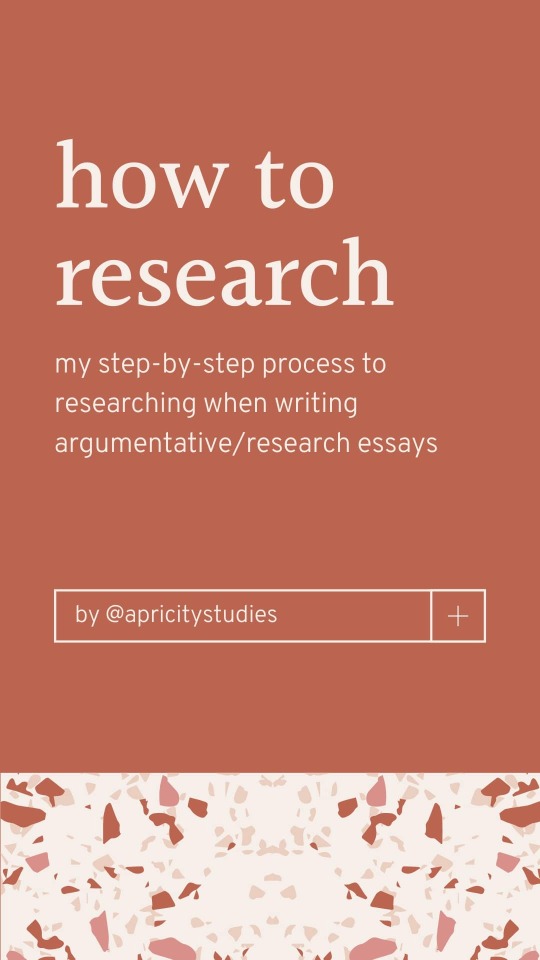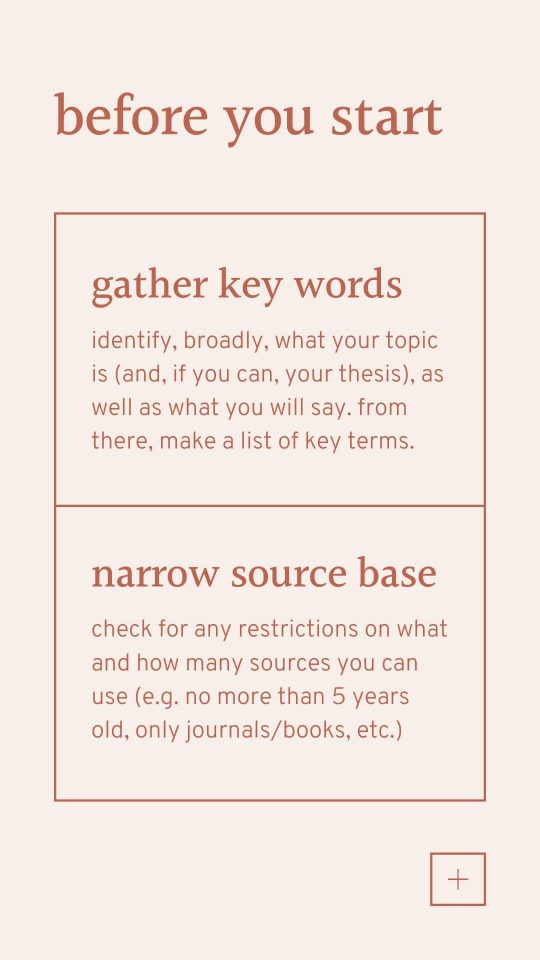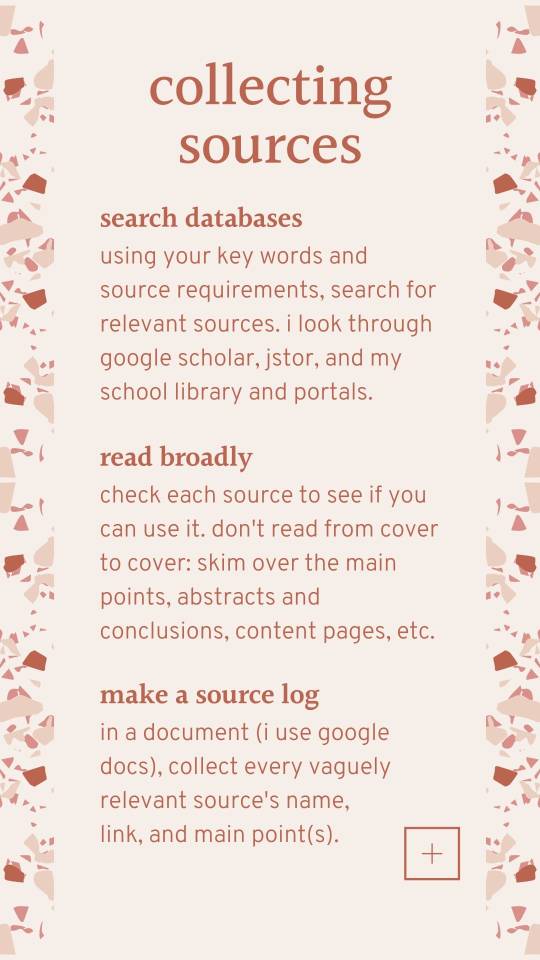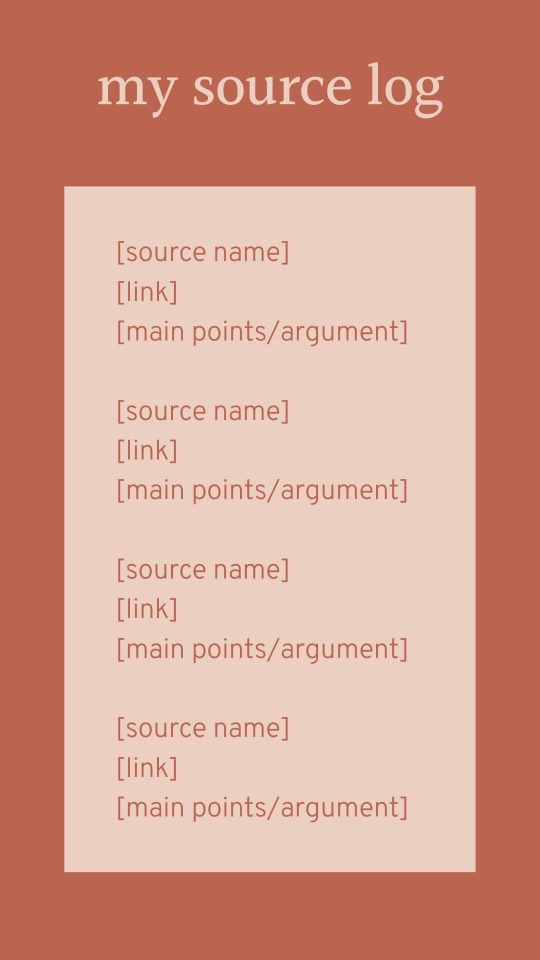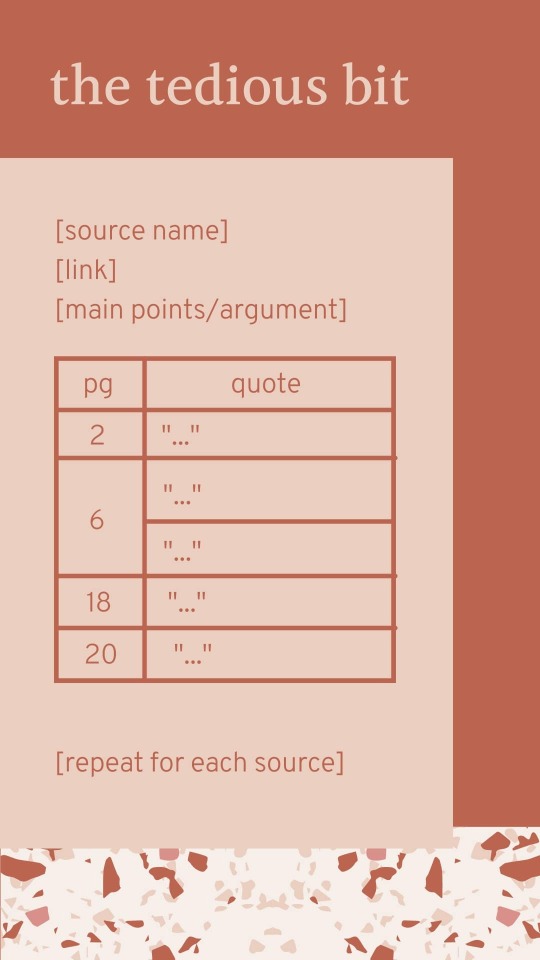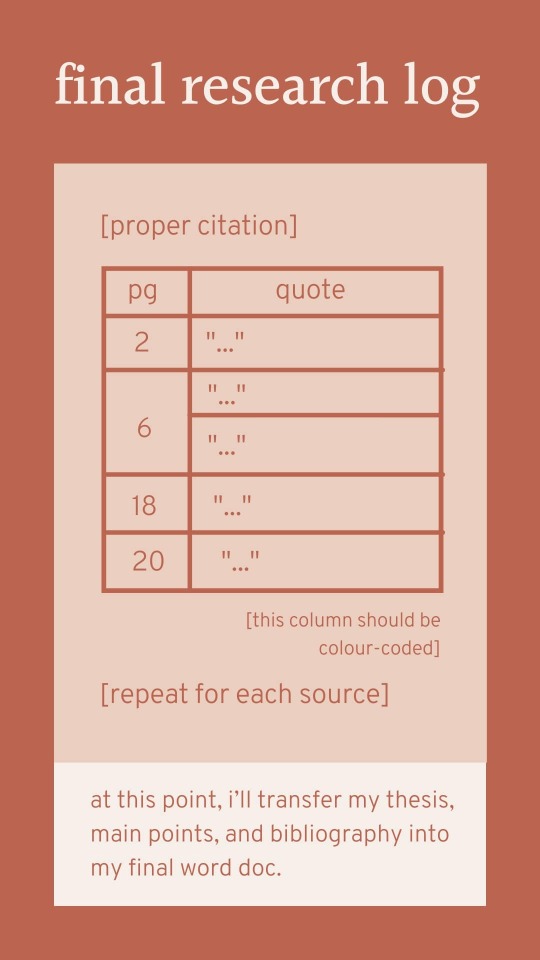Medical Student Resources 101
Medical Student Resources 101
I’ve been thinking about this post for quite a while now, and I have finally decided how I want to approach it. If you have any suggestions, please comment or message me! So, when I started medical school 18 months ago all I had available to me was a crazy long list of textbooks recommended by the university. It has been an uphill battle figuring out what textbooks are helpful and which are less than helpful. So this is my masterpost of resources I’ve used for medical school thus far, organised by systems!
Basics
You’ll need a good anatomy atlas, physiology text and pathophysiology book as a bare minimum. Most universities also guide you towards a clinical skills book of some sort.
Anatomy:
Rohen and Yokochi “Color Atlas of Anatomy: A Photographic Study of the Human Body”
I used an old version of this book, and it was amazing for our human dissection block, I would strongly recommend it.
Physiology:
Boron “Medical Physiology”
Guyton and Hall “Textbook of Medical Physiology”
I used a combination of these two, Boron can be very heavy, so I only used it for topics I had a really good grasp of and wanted to know more about. I would recommend Guyton over Boron if you can only get one.
Pathophysiology:
Robbins and Cotran “Pathologic Basis of Disease”
This is one of the best books ever written. I cannot recommend it highly enough.
Clinical and Practical Skills:
Talley and O’Connor “Clinical Examination”
This was recommended by my university. It is a good textbook, however I’ve recently discovered:
Thomas and Monaghan “Oxford Handbook of Clinical Examination and Practical Skills”
and I personally prefer this, but it is much more concise, so Talley is great for all the background information.
Cardiovascular
Lilly “Pathophysiology of Heart Disease”
This textbook is fantastic, very easy to read and covered all of our cardiovascular block thoroughly.
Respiratory
West “Respiratory Physiology: The Essentials”
This book can be a bit hit and miss. I really didn’t like respiratory physiology, so I struggled a bit with this one, I used a combination of Guyton and Hall, and West. For pathophysiology you can’t go wrong with Robbins and Cotran.
Genitourinary
I didn’t use a specialised book for this block. For physiology I used Boron, which was insanely hard as a first year student. I also used Guyton and Hall at the end of the block, which was much better. So I’d definitely recommend Guyton and Hall for physiology and Robbins and Cotran for pathophysiology.
Gastrointestinal
Chew “Crash Course Gastrointestinal System 3e”
I really liked this book for this book, I thought it covered the hepatic system very well, overall it was very easy to read and understand. This book and Guyton and Hall if you wanted to supplement it would be great. As always, Robbins and Cotran for indepth pathophysiology.
Endocrine and Reproductive
Porterfield and White “Endocrine Physiology”
This was one of my favourite blocks! The university recommended Greenspan’s “Basic and Clinical Endocrinology”, which for what we needed was probably too much. I found a fantastic little orange book at the library, which I will need to go get the name of, so keep an eye on this if you need a good endocrinology book. UPDATE: little orange book found!
Psychiatry
Kaplan and Saddock’s “Synopsis of Psychiatry”
This is actually a really great book for any psychiatry you might do. We only used it for four weeks, but I’d definitely recommend hiring a copy if you can!
Neurology and Neuroanatomy
Yogarajah “Crash Course Neurology, 4e”
Fix “BRS Neuroanatomy”
Young “Basic Clinical Neuroscience”
This has been an incredibly hard block to find a good text for, at a reasonable price. These two have been very helpful, and I find them easy to read. Only time will tell if it has been enough to pass! Update: Young’s book is also excellent!
Musculoskeletal
Jenkins “Hollinshead’s Functional Anatomy of the Limbs and Back”
This is the most amazing textbook for any block of all time ever. Literally. It is so good! I’ve used a combination of this book, and:
Moore and Dalley’s “Clinically Oriented Anatomy”
for our musculoskeletal block. It’s been absolutely fantastic. I’ve enjoyed it so much! I would also recommend investing in some quality flashcards. I have:
Hansen “Netter’s Anatomy Flash Cards”
Which have been great, another really great resource has been WinkingSkull.com, which you do have to pay for, but it is helpful!
Other
So, there are a few other resources I’ve used that have been very helpful. Mostly online databases and websites but I thought it would be handy to have them. Many (most?) universities have subscriptions to them so try your university library website!
UpToDate: www.UpToDate.com
Everything you ever needed about anything in medicine
Best Practice: www.bestpractice.bmj.com
This is my favourite resource. Ever. It goes through signs, symptoms, risk factors, diagnostics, differentials, everything. It is a small slice of heaven in medical school.
Lancet Review Articles
There were a really great series on Immunology in The Lancet, I would strongly recommend trying to find them for a concise overview of immunology
Life In The Fast Lane: www.lifeinthefastlane.com
Great series on ECGs!
Radiopedia: www.radiopaedia.org
These guys are great for understanding what you’re actually supposed to be seeing on any radiological film. I’ve been using it a lot for musculoskeletal, looking at Le Fort fractures, etc.
Toronto Notes
So I just borrowed a friend’s copy of Toronto, but I believe there may be online access. Maybe an online version. It’s great for an overview and is a little more clinically focused. I really liked it for gastrointestinal, psychiatry and neurology.
Anatomy Zone
There’s a website and a YouTube channel with great tutorials and information for anatomy, particularly musculoskeletal. I’ve found it immensely helpful whilst studying for this block!
I know I’ve probably missed a few things, I’ll add them as I think of them but I hope this helps a few pre-clinical medical students out there! If it’s helpful I’ll keep you posted as I move into my clinical years on new texts and resources I find helpful!
More Posts from Swirlspill-study and Others
i know you're super busy all the time but just in case - any tips for law firm networking events? or, alternatively, as i have both this week, on how to sell yourself at an interview? you seem to be a person who knows how to play the game. anyway! loads of luck with all your things!
Networking events are a) the worst, b) incredibly valuable in expanding your circle of personal and professional contacts. Most of my tips are spawned from me viciously hating them, and simultaneously knowing they are Important For Career Development.
First of all, if you’re waiting for the magic rom-com moment when you totally connect with someone and they hire you on the spot—it’s not going to happen. (I definitely had to kill that fantasy, several times.)
Instead, it’s best to think of networking as a meet cute—the goal is to make an impression, and for that person to know who you are when you follow up with them afterwards.
….and you are going to follow up afterwards.
Start with people you know. There are a lot of networking events I’ve attended where there are classmates/professors in attendance. It is perfectly good manners to approach someone you know, greet them, and then introduce yourself to whoever they’re talking to.
I mean, obviously you can’t be an asshole about it, you don’t want to interrupt them, but I’ve definitely pulled this move with great success.
“Hey, [FRIEND] I saw you and I just had to say hello. Oh, I’m sorry, I don’t mean to be rude, I’m [NAME], I’m in [FRIEND]’s Corporate Law class.”
It also works really nicely if you can slip a compliment in for friend, both because it’s classy and they feel obligated to reciprocate.
Go in with 2-3 general questions that require more than a brief answer. Some of my favorites are “What’s the most interesting or challenging project/issue you’ve worked on in the last 6 months?” “What brought you to [area of specialization]?”
These are good because they don’t require you knowing anything about the person, but can get them to open up about their work. I haven’t met a lawyer who doesn’t enjoy sharing their war stories.
Work the room. If you’re talking to a single person for more than 15 minutes, you’re probably spending too much time with them.
It is totally appropriate to ask for a business card! Ask for a business card! This helps for the next step which is…
Follow up within the next business week. As I said before, networking events are meet cutes. If you really want to develop this individual as a contact, you’re going to have to keep reaching out to them.
I’ve had the most success in finding and friending them on LinkedIn directly afterwards. (Literally, I go home and spend an hour finding everyone I talked to.) In my connection request, I thank them for the conversation and mention one specific thing they talked about.
Then, about a week later, I email them directly and ask to grab coffee/have an informational interview.
Attach your resume to the request, and send them a reminder email 24 hours before with your resume attached.
Keep up contact. These types of relationships aren’t a one-shot deal, you need to stay at the forefront of the minds. Like the articles they post on LinkedIn. Reach out and congratulate them on new jobs/awards.
Almost all attorneys publish pretty frequently through their firm website/blog. If they post something related to your interests, I suggest reaching out and saying so—a couple sentences wishing them well ought to do the trick.
If you’re reading through this and it sounds incredibly daunting, it is. But it is also one of those things that gets easier with practice. Be polite, relaxed, and professional, and chances are you’re already leagues ahead in the game.
this is a dumb question, but how on earth does one get an interpretive thesis? everything I've come up with just sounds like it's describing stuff that happened, and I'm starting to think I'm just not cut out for writing this stuff....
oh man, okay, here is how to write an interpretive thesis:
find a but.
the easiest way to make your thesis interpretive is to have a “but” moment. It’s where you set up a particular picture of what other people might think is going on, and then you point out why that picture is incorrect, because X.
like my friend’s thesis which was “you may think that bioethics came into being in the wake of the the nuremburg trials, BUT the tuskegee syphilis experiments showed that these standards had yet to permeate the wider scientific culture”
or my thesis, which was “because of the way medical ethics developed as a discipline, it tends to focus on medicine through the lens of the clinical encounter BUT in our changing healthcare system, that is no longer a valid approach to take on the question of ethical practice”
it’s helpful if you find a lot of scholarship, or an influential scholar who you can disagree with; if you’re pushing back an established view within your field, or general knowledge. Most theses begin with a disagreement of some kind, and it’s a very fruitful place to begin.
I would also say there’s nothing wrong with….not writing a “but” thesis? One of my friends wrote his thesis on the intersection on current brain research, education, and those online services that claim to boost your brainpower. There’s not a lot of research in that specific area, so his was an exploratory thesis, suggesting a theory of its own based on what he had found. If you’re already in a well-trod field with lots of literature around your topic, though, that might be harder.
Talk it over with your advisor! They should be able to point you in the right direction, or at least suggest some more avenues of research.

Very long but interesting chapter : depressive and bipolar disorders
(Don’t you love when your notes end right at the bottom of the page? I do!)
FREE SAT & AP PREP MATERIALS
Dear appblrs if you want to save some money and not spend hundreds of dollars on prep books these are some nice alternatives. (Both these files belong to me. )
Spread the word! Good luck studying :)
SAT
AP
I may have some additional stuff in october (past sat & psat exams)
How I Make Notecards! :)
After my post about notecards and midterms, a lot of you guys sent me messages about how I make them, what kind of cards or rings I use, etc. Soooo, without further ado…

I’ll be using my Chemistry notecards as an example since they’re probably the most well done AND they’re even color coded!
STEP 1: Gather materials (that sounds really science-class-procedure-y)

I personally use unruled index cards from Target (they’re like $0.49 per pack and really good quality) and two different writing utensils…usually some sort of marker and then my trusty Pilot G2. I like for my notecards to be on a ring (good for storage but I take them off when I’m quizzing myself), so I’ll need one of those and a hole punch (mine’s Swingline and I LOVE it).
STEP 2: I make a list of what I need on my notecards and then start labeling the front side of the index cards. My Chemistry notecards are just material from my 1st semester, so I make them as I go along, but you can make them all at once too! (wouldn’t really recommend it, it ends up being really time consuming)

STEP 3: Once I’m done labeling the front side with concepts such as Molarity, questions like “What is an aqueous solution?,” diagrams like Solids VS Liquids VS Gases on a molecular basis, etc., I go back to actually write out the content on the back of the cards. I define words, copy practice problems, draw diagrams, and the like.

STEP 4: When all the notecards are done, I break out a pack of colored notecards to act as divider pages. I have a color-coding guide:

STEP 5: Since my notecards are for the entire 1st semester, I take some plain white notecards to use as dividers for different chapters. For this, I cut up a small sheet of paper or an index card, fold it in half, and tape it to the right edge of the card, so that it acts as a tab.

STEP 6: After all that is done, I punch holes in the upper left corner and put them on the ring so that the order isn’t messed up (my Chem notecards are actually numbered though, so it’s not an issue)
STEP 7: Then I make my cover! I like this part the most. I cut out a piece of scrapbook paper so it’s 3in X 5in, and I punch a hole in the upper left corner. I tape a sticky note that’s been folded in half on the center (if the paper has a subtler pattern you can just write directly on it) and I use a marker/pen to write the class and/or subject.
STEP 8: Finally, put that on the ring and then you’re done! I flip through my notecards before major tests to get a brief overview of the content before going to my notes/the textbook, or I take them off the ring to quiz myself. Study them however you’d like :)

This was my first tutorial-y post…I hope I helped and answered your questions!
Learning Medical Terminology








Source: Medical Terminology Made Incredibly Easy by Lippincott Williams & Wilkins



Music revives me after stu(dying) 12+ hours a day ;-; If y'all have any music recs please hmu ♡
Some reminders about Dr. King before tomorrow:
US government agencies were implicated in the wrongful death lawsuit in a civil trial in 1999 that his family fought for years and which was then buried by the justice department. The full transcripts of the trial and the following press conference are available on the King Center’s website. http://www.thekingcenter.org/assassination-conspiracy-trial
He spoke out against police brutality, capitalism, and war.
He believed that white moderates were and are the greatest threat to civil rights, moreso than any hate group.
He was arrested over 10 times.
He was considered a dangerous radical by the majority of white Americans.
He refused to condemn rioters, because “a riot is the language of the unheard.”
Any white person who voted for Trump who tries to use MLK or his words as a rhtetorical tactic to justify their bigotry and complain about people protesting can personally come to my apartment in the next 24 hours for an ass-kicking.
general language learning resources
dictionaries:
wordreference - has spanish, french, italian, portuguese, catalan, german, swedish, dutch, russian, polish, romanian, czech, greek, turkish, chinese, japanese, korean, & arabic
reverso translation - has arabic, chinese, dutch, french, german, hebrew, italian, japanese, polish, portuguese, romanian, russian, spanish & turkish
bab.la - has spanish, arabic, chinese, czech, danish, dutch, finnish, french, german, greek, hindi, hungarian, indonesian, italian, japanese, korean, norwegian, polish, portuguese, romanian, russian, swedish, swahili, thai, turkish, vietnamese, & esperanto
digital dictionaries of south asia - has dictionaries for assamese, baluchi, bengali, divehi, hindi, kashmiri, khowar, lushai, malayalam, marathi, nepali, oriya, pali, panjabi, pashto, persian, prakrit, rajasthani, sanskrit, sindhi, sinhala, tamil, telugu & urdu
resources for learning words in context:
reverso context - has arabic, chinese (in beta), dutch, french, german, hebrew, italian, japanese, polish, portuguese, romanian, russian, spanish & turkish (in beta)
linguee - has german, spanish, portuguese, french, italian, russian, japanese, chinese, polish, dutch, swedish, danish, finnish, greek, czech, romanian, hungarian, slovak, bulgarian, slovene, lithuanian, latvian, maltese, & estonian
for learning different writing systems
omniglot - an encyclopedia with literally any language you could think of including ancient languages
scripts - an app for learning other writing systems with a limited amount for free (you can do 5 minutes a day for free) - has the ASL alphabet, Russian cyrillic, devanagari, Japanese kana, Chinese hanzi, & Korean hangul
Wikipedia is also helpful for learning different writing systems honestly!
pronunciation
forvo - a pronunciation dictionary with MANY languages (literally an underrated resource i use it all the time)
a really helpful video by luca lampariello with tips on how to get better pronunciation in any language
ipachart.com - an interactive chart with almost every sound!! literally such an amazing resource for learning the IPA (however does not include tones)
another interactive IPA chart (this one does have tones)
language tutoring
italki - there’s many websites for language tutoring but i think italki has the most languages (i have a referral link & if you use it we can both get $10 toward tutoring lol) - they say they support 130 languages!
there’s also preply and verbling which are also good but there aren’t as many options for languages - preply has 27 and verbling has 43
(obviously these are not free but if you have the money i think tutoring is a great way to learn a language!)
getting corrections/input from native speakers
hellotalk - an app for language exchanges with native speakers & they also have functions where you can put up a piece of writing and ask for corrections - honestly this app is great
tandem - language exchange app but unlike hellotalk you can choose multiple languages (although i think hellotalk is a little bit better)
LangCorrect - supports 170 languages!
HiNative - supports 113 languages!
Lang-8 - supports 90 languages!
verb conjugation
verbix - supports a ton of languages
Reverso conjugation - only has english, french, spanish, german, italian, portuguese, hebrew russian, arabic, & japanese
apps
duolingo - obviously everybody knows about duolingo but i’m still going to put it here - i will say i think duolingo is a lot more useful for languages that use the latin alphabet than languages with another writing system however they do have a lot of languages and add more all the time - currently they have 19 languages but you can see what languages they’re going to add on the incubator
memrise - great for vocab! personally i prefer the app to the desktop website
drops - you can only do 5 minutes a day for free but i still recommend it because it’s fun and has 42 languages!
LingoDeer - specifically geared towards asian languages - includes korean, japanese, chinese & vietnamese (as well as spanish, french, german, portuguese and russian), however only a limited amount is available for free
busuu - has arabic, chinese, french, german, italian, japanese, polish, portuguese, spanish, russian, spanish, & turkish,
Mondly - has 33 languages including spanish, french, german, italian, russian, japanese, korean, chinese, turkish, arabic, persian, hebrew, portuguese (both brazilian & european), catalan, latin, dutch, swedish, norwegian, danish, finnish, latvian, lithuanian, greek, romanian, afrikaans, croatian, polish, bulgarian, czech, slovak, hungarian, ukrainian, vietnamese, hindi, bengali, urdu, indonesian, tagalog & thai
misc
a video by the polyglot Lýdia Machová about how different polyglots learn languages - this video is great especially if you don’t know where to start in terms of self study
LangFocus - a youtube channel of this guy who talks about different languages which is always a good place to start to understand how a specific language works also his videos are fun
Polyglot: How I Learn Languages by Kató Lomb - this book is great and available online completely for free!
Fluent Forever by Gabriel Wyner (on pdfdrive) - another great book about language learning
Anki - a flashcard app (free on desktop for any system & free on android mobile - not free on ios mobile) that specifically uses spaced repetition to help you learn vocabulary, it’s got a slightly ugly design but it’s beloved by many language learners & is honestly so helpful
YouTube - literally utilize youtube it is so good.
Easy Languages - a youtube channel with several languages (basically they go around asking people on the street stuff so the language in the videos is really natural) & they also have breakaway channels for german, french, spanish, polish, italian, greek, turkish, russian, catalan & english
there’s also the LanguagePod101 youtube channels (e.g. FrenchPod101, JapanesePod101, HebrewPod101) which are super great for listening practice & language lessons as well as learning writing systems!
-
 medical-dreamin reblogged this · 5 years ago
medical-dreamin reblogged this · 5 years ago -
 swirlspill-study reblogged this · 6 years ago
swirlspill-study reblogged this · 6 years ago -
 txririi liked this · 6 years ago
txririi liked this · 6 years ago -
 thefuturelawyer liked this · 7 years ago
thefuturelawyer liked this · 7 years ago -
 jkxxbt liked this · 7 years ago
jkxxbt liked this · 7 years ago -
 shortyjulie-blog liked this · 8 years ago
shortyjulie-blog liked this · 8 years ago -
 alguien-se-comio-mi-tortaaa liked this · 8 years ago
alguien-se-comio-mi-tortaaa liked this · 8 years ago -
 greenoliveskin reblogged this · 8 years ago
greenoliveskin reblogged this · 8 years ago -
 marshall-squared liked this · 8 years ago
marshall-squared liked this · 8 years ago -
 n-w5 liked this · 8 years ago
n-w5 liked this · 8 years ago -
 stukof liked this · 8 years ago
stukof liked this · 8 years ago -
 aspartha reblogged this · 8 years ago
aspartha reblogged this · 8 years ago -
 trondian-blog liked this · 8 years ago
trondian-blog liked this · 8 years ago -
 equinox-bjv14 liked this · 8 years ago
equinox-bjv14 liked this · 8 years ago -
 mjthetransguy2-blog reblogged this · 8 years ago
mjthetransguy2-blog reblogged this · 8 years ago -
 my-lif3-out-loud liked this · 8 years ago
my-lif3-out-loud liked this · 8 years ago -
 just-a-coffeebean liked this · 8 years ago
just-a-coffeebean liked this · 8 years ago -
 x0xslowlyx0x liked this · 8 years ago
x0xslowlyx0x liked this · 8 years ago -
 madameliliana1001 liked this · 8 years ago
madameliliana1001 liked this · 8 years ago -
 alexandria-n13 reblogged this · 8 years ago
alexandria-n13 reblogged this · 8 years ago -
 mjthetransguy2-blog reblogged this · 8 years ago
mjthetransguy2-blog reblogged this · 8 years ago -
 sempiternalserglio reblogged this · 8 years ago
sempiternalserglio reblogged this · 8 years ago -
 caughtincrosshairs-blog liked this · 8 years ago
caughtincrosshairs-blog liked this · 8 years ago -
 carbsweetie liked this · 8 years ago
carbsweetie liked this · 8 years ago -
 fallen-angela liked this · 8 years ago
fallen-angela liked this · 8 years ago -
 jehiel liked this · 8 years ago
jehiel liked this · 8 years ago -
 khaytea liked this · 8 years ago
khaytea liked this · 8 years ago -
 nevergiveupinlife95 liked this · 8 years ago
nevergiveupinlife95 liked this · 8 years ago -
 imuki liked this · 8 years ago
imuki liked this · 8 years ago
a study blog for collected references, advice, and inspiration
267 posts
